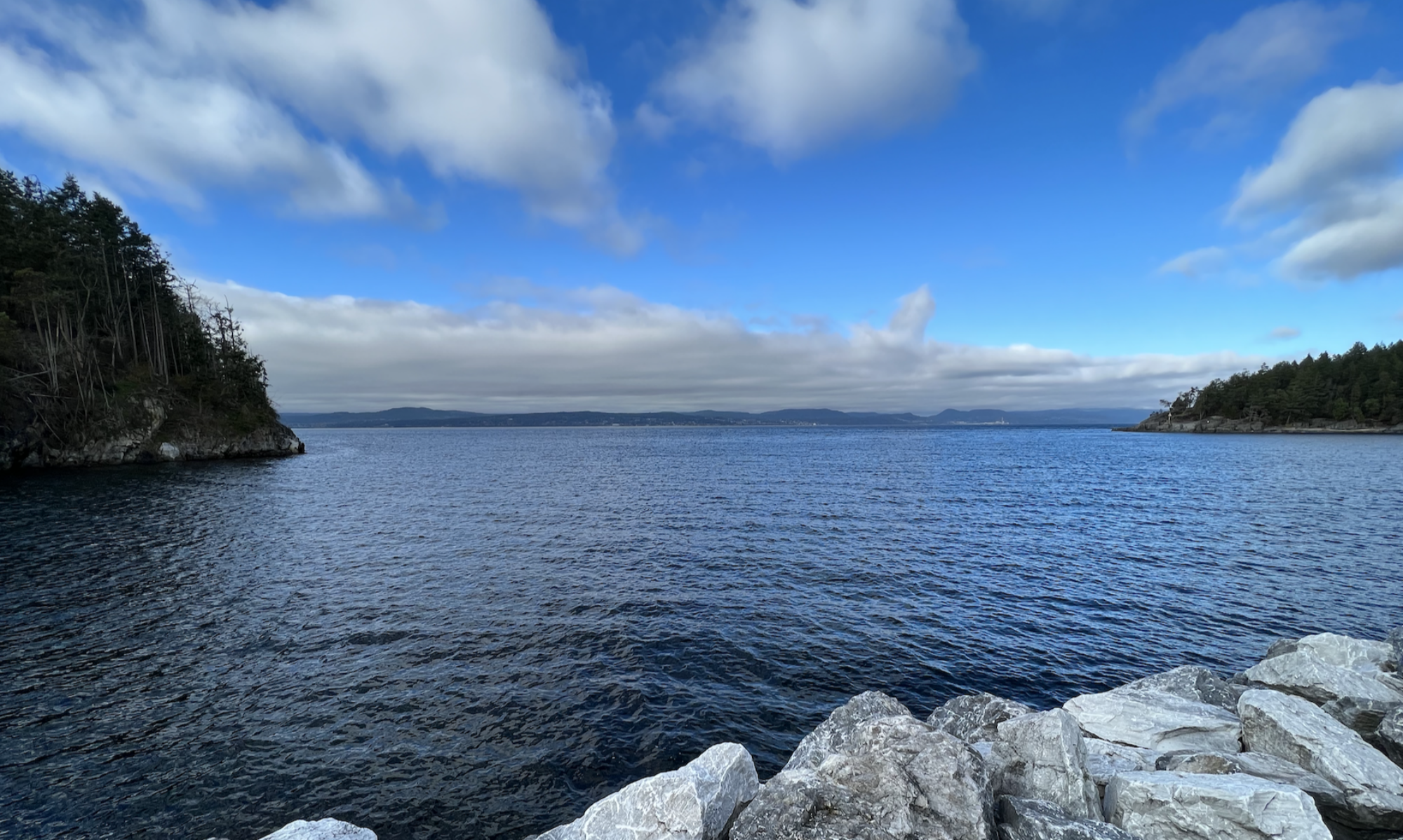One of the organizations that I’m working with is a faith community in their strategic planning. We’ve deliberately called it “experimenting” to create a bit of freedom and to support some principles of self-organization.
One of the groups within that is focused on Care of Creation and Climate Change. Two lovely people are leading the way, helping to convene others and to notice the places where they can start. Is it a meeting to talk further? Is it more education and awareness? Is it a project that others can join in? Is it a project that they can invite other churches to join them in?
I’ve seen many groups get paralyzed by the enormity of what is in front of them. I’ve seen many groups respond to such enormity by entering a perpetual cycle of trying to wrap their arms around it. It’s super well intended. It just doesn’t create the essential freedom to “try stuff.”
In complexity, “trying stuff” means as much, if not more than “wrapping our arms around it.” I’m not saying that big picture doesn’t matter. Of course it does. So does seeing the system and as well as we can, the interrelated parts. But finding a place to start, and gifting ourselves with the kindness to try it, even to fail, is what moves us along. It’s less perfect understanding of every detail. It’s more moving with intuition to test boundaries and work with providence.
Here’s one of the videos that I sent to the Care of Creation team yesterday. It was made for a recent event in Utah, Parliament of the World’s Religions. One of the people on the video, Susan Soleil, is a friend and colleague. I love how she talks about solar panels on church roofs, “onesie, twosie.” It’s a kind of smart start.
